
What is your name?
Parnaz Sharifi
Where are you from?
London, England
To which class do you belong?
MSc Translational Neuroscience, Class of 2021
Where and what did you study before joining Imperial College London?
I graduated from King’s College London with a BSc (Hons) in Biomedical Science
How did you find your Master experience at the College?
I found the Master’s experience to be challenging but extremely rewarding. Being taught by internationally recognised researchers and exploring multiple neuroscientific fields at one of the powerhouses in neuroscience research, provided me with the skills and in-depth knowledge needed for a career in neuroscience. Additionally, taking part in grant proposals, editorial reviews and live debates on cutting-edge neuroscience topics was a novel and enriching experience. I’m also very lucky to say that some of my coursemates have become amazing friends of mine
Which research project did you work on?
My MSc laboratory research project aimed to elucidate the mechanisms underpinning the region-specific degeneration observed in the midbrain of Parkinson’s disease patients. Supervised by Dr Kambiz Alavian, my thesis focused on the role of the R-Type Ca2+ Channel and the mitochondria in the preferential vulnerability of nigral neurons in Parkinson’s post-mortem and in vitro models
Where are you now?/ What are you working on?
I am currently preparing my MSc research paper for journal submission, which is an exciting development in my academic journey. I am also applying for positions as a research assistant at a few universities to continue my passion for neuroscientific research
What is the most important lesson you learnt as a Master student?
This MSc has taught me to speak up more and be brave in presenting my ideas for discussion, instead of being concerned about how my ideas would be judged. This is all due to the kind encouragement, inclusiveness and respect that I received from my classmates and teachers during my studies
How did the Master programme help you get to where you are now?
Not only did the Master’s programme equip me with an extensive understanding of the different fields within neuroscience, but working in the Alavian Lab and being trained in the experimental methodologies used to investigate the underlying mechanisms of conditions like Parkinson’s, helped me realise that this is the type of research I want to be doing during my PhD. I think the work I conducted in the lab has certainly prepared me well for this
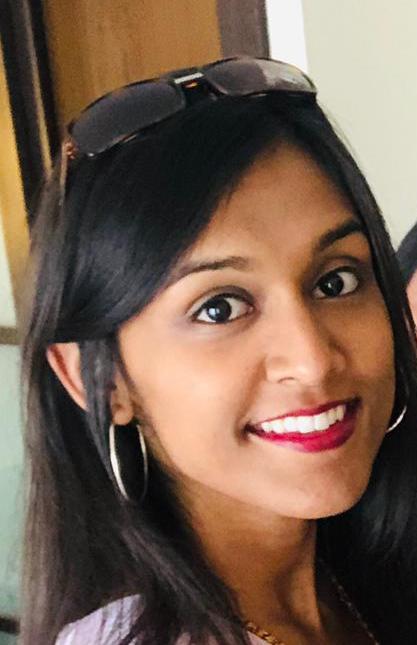
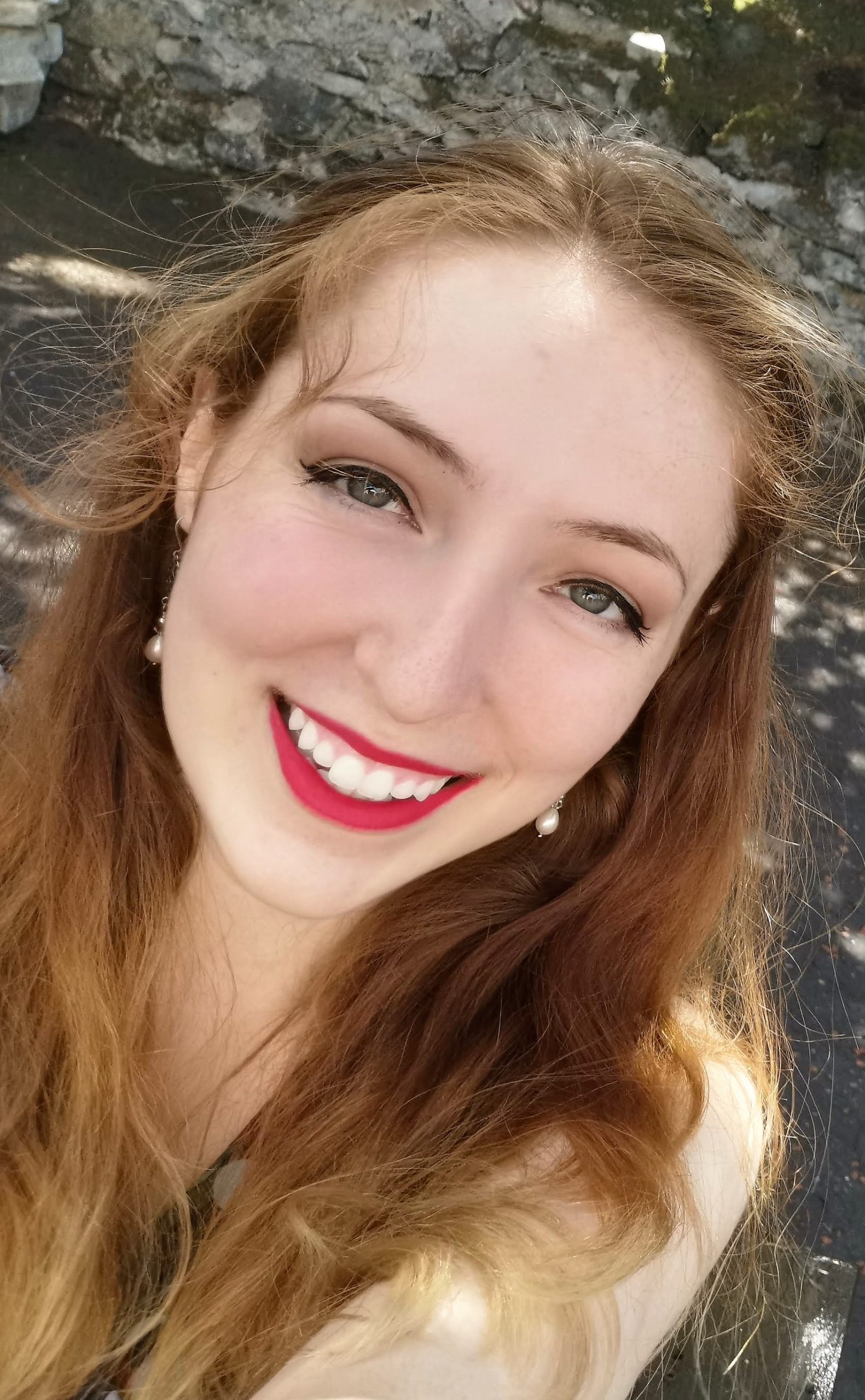


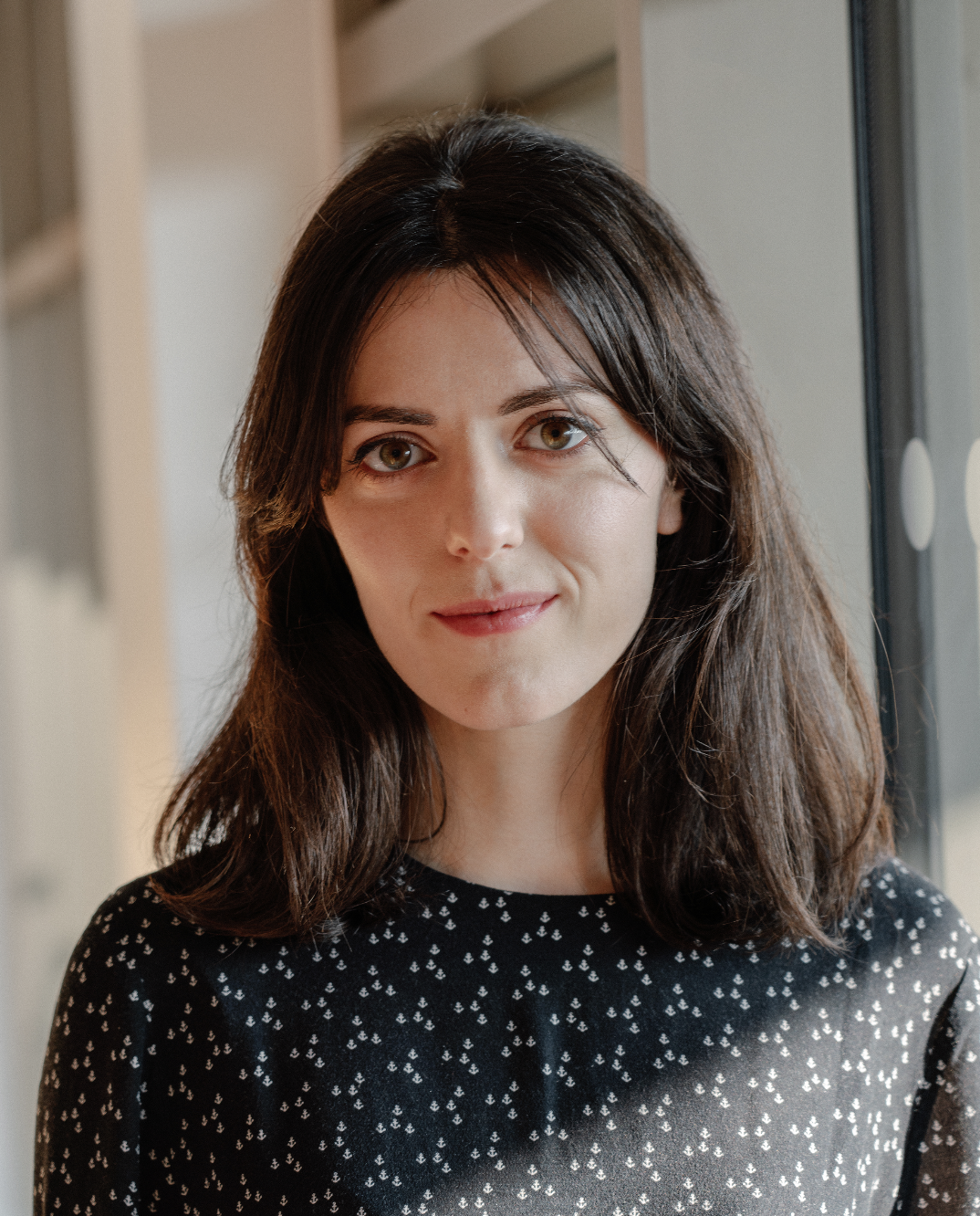
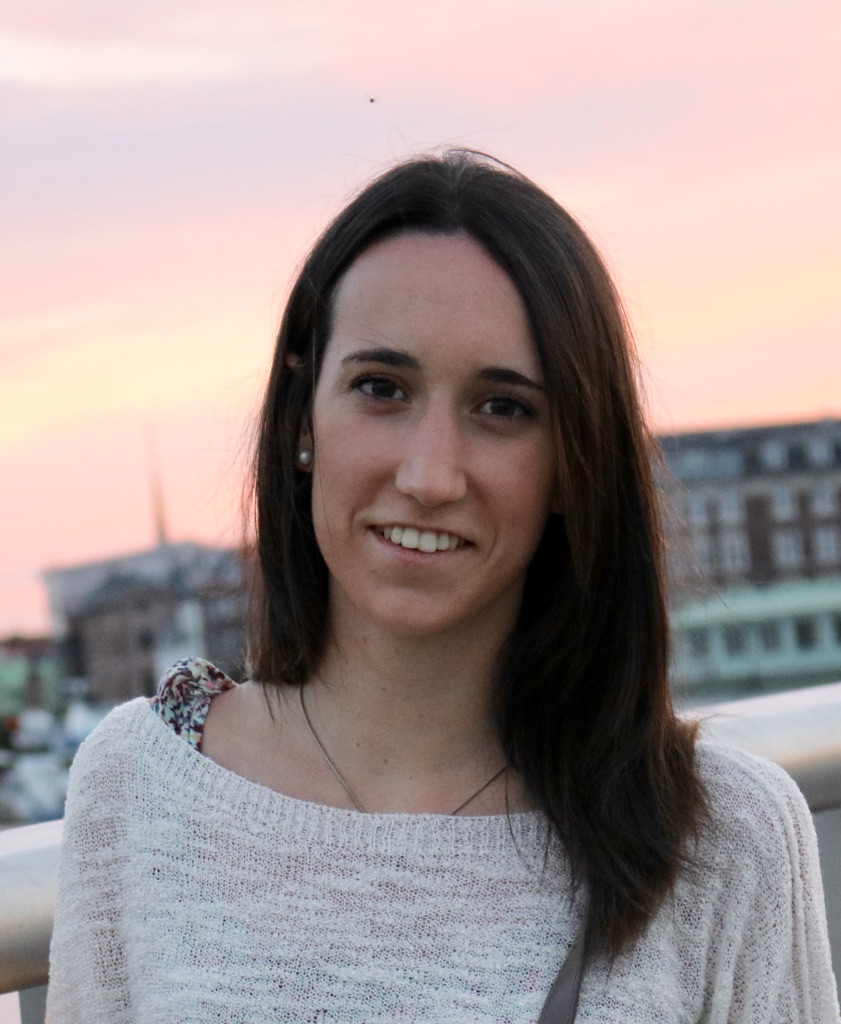
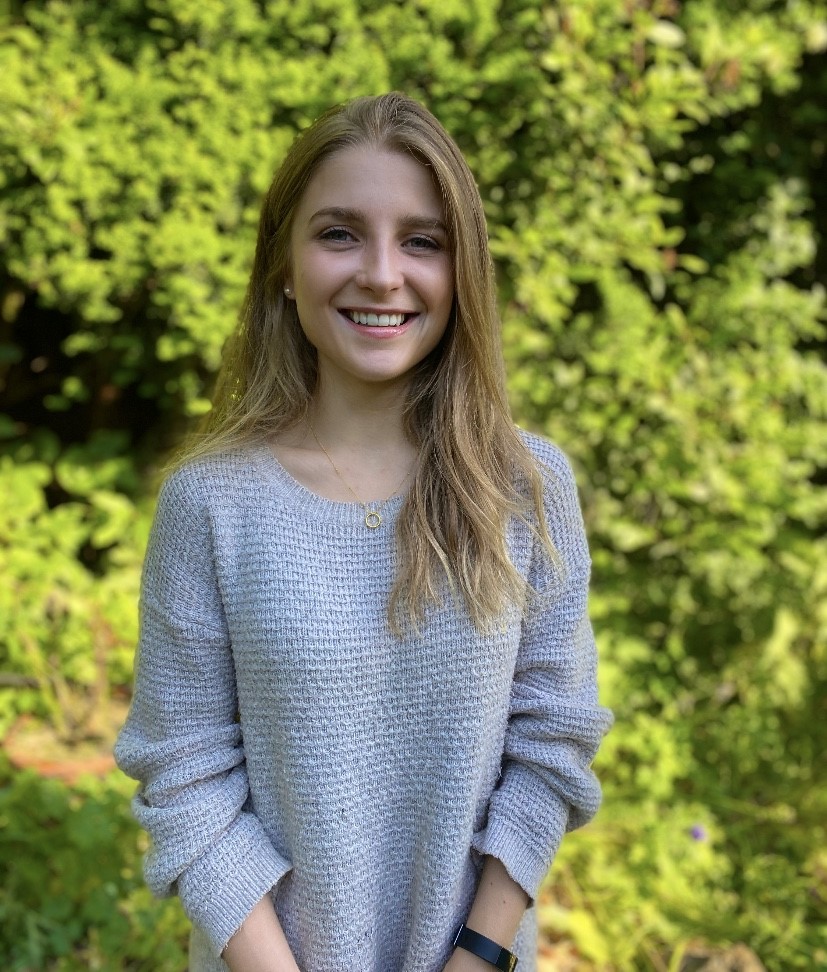

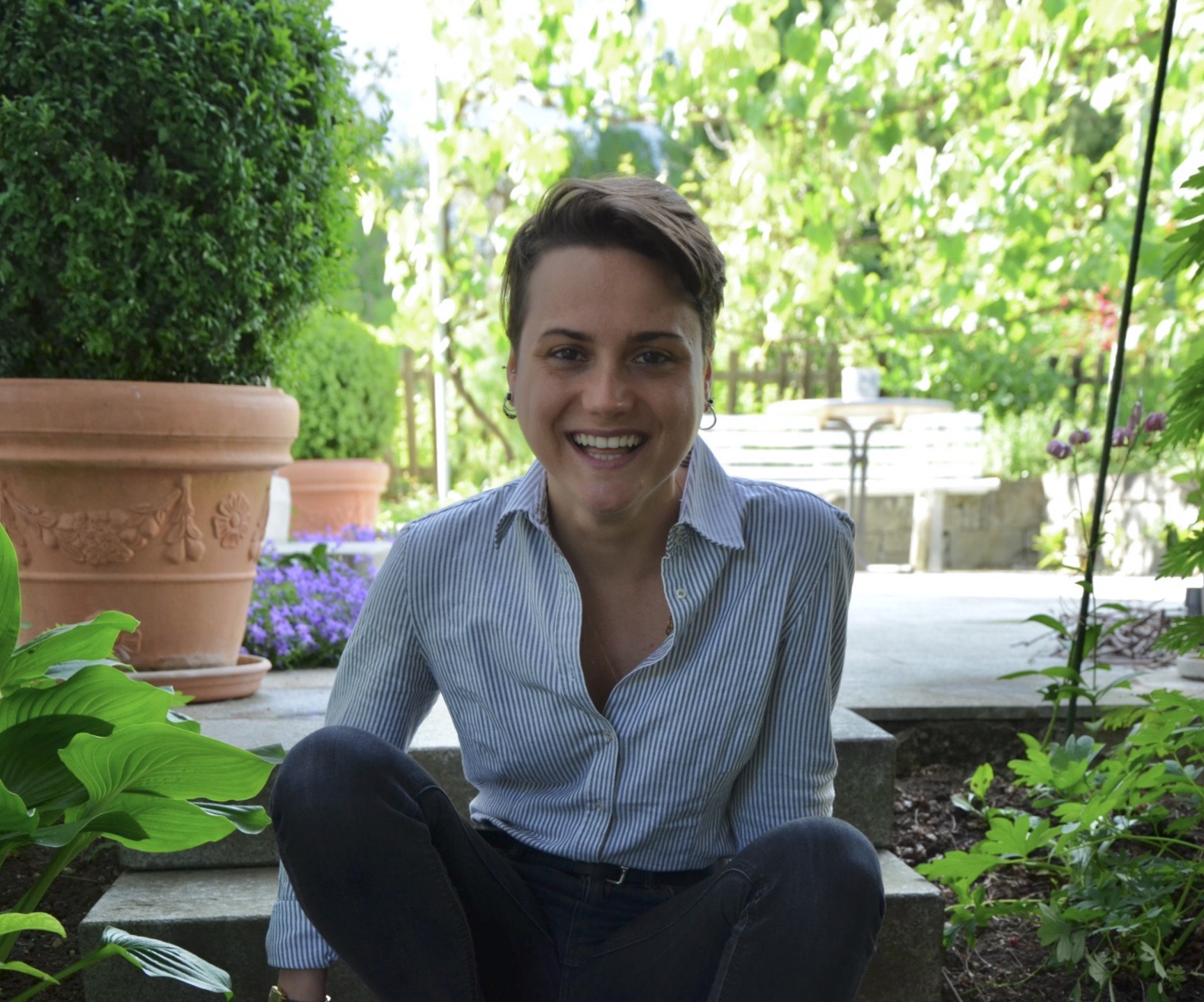 What is your name?
What is your name?